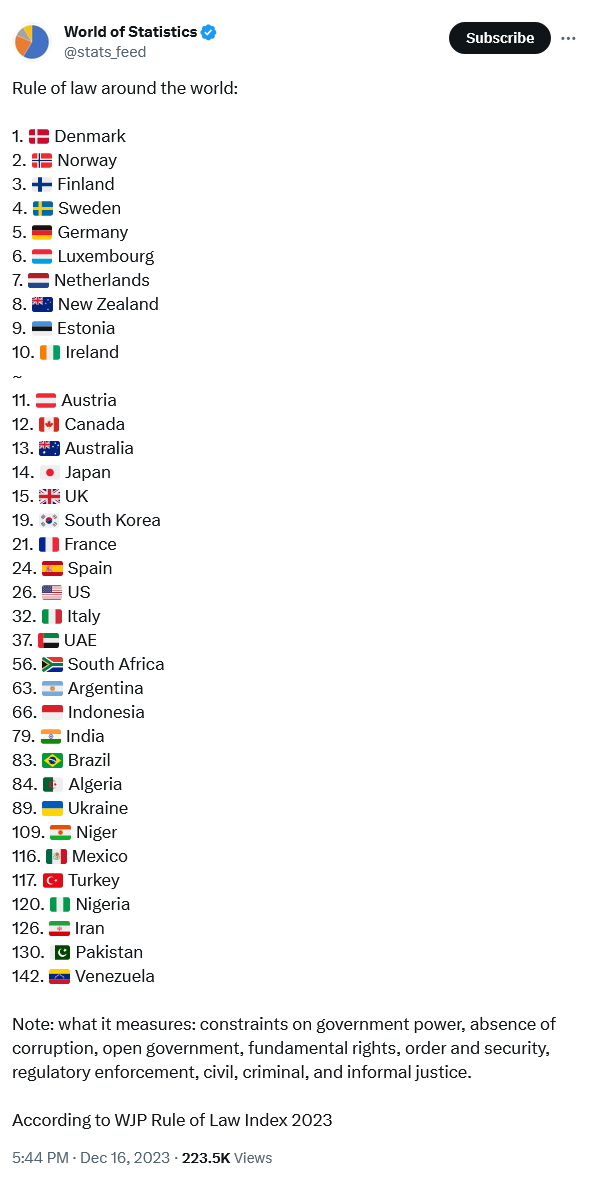In a world where power dynamics dictate the fate of nations, the United Nations Security Council (UNSC) finds itself at a troubling crossroads. This esteemed body, meant to uphold peace and security, has repeatedly failed to intervene decisively against the brutal actions of Israel. Such inaction raises significant questions about the integrity and motives of its member states, many of whom are deeply entangled in the global arms trade.
The unsettling reality is that approximately 75% of the world’s weapons are manufactured by a select few nations that occupy the high seats of the UNSC. These countries wield their influence not only to shape international law but also to maintain lucrative relationships with states engaged in conflict. As Israel continues to employ brutal tactics against Palestinians, one must wonder whether the silence of these powerful nations stems from a mere lack of will or a more insidious complicity.
Historically, the roots of this crisis can be traced back to World War I, when the geopolitical landscape of the Middle East was dramatically reshaped. The Balfour Declaration of 1917 signaled the beginning of increased Jewish migration to Palestine, setting the stage for decades of conflict. As World War II concluded and the horrors of the Holocaust were revealed, the world witnessed the establishment of Israel in 1948, leading to the first Arab-Israeli war. The aftermath of these events established a contentious relationship marked by bloodshed, territorial disputes, and profound human suffering.
Over the decades, the Security Council has observed these developments with a disquieting passivity. The ethical implications of this reality are staggering. By failing to act against Israel, the UNSC is tacitly endorsing a regime that inflicts suffering upon innocent civilians, all while enriching its own military-industrial complex. This complicity not only undermines the credibility of the UNSC but also perpetuates a system in which human life is reduced to a statistic, a mere metric in the pursuit of profit.
The modern arms race has only intensified in this context. Today, the top ten weapons manufacturers dominate the global landscape, fueling conflicts across the globe. Among them, Lockheed Martin, Boeing, and Raytheon Technologies stand out, producing advanced weaponry that finds its way into various theaters of conflict, including Israel. Other major players such as Northrop Grumman, General Dynamics, and BAE Systems contribute significantly to the global arms trade, further entrenching the cycle of violence.
Israel has long been viewed as a testing ground for advanced military technology. The ability to conduct military operations in an environment of conflict allows these nations to refine their weapons and strategies, further entrenching a cycle of violence. This unnerving reality suggests that the suffering endured by the Palestinian people is not merely an unfortunate side effect of geopolitical maneuvering but rather a calculated opportunity for the militaristic ambitions of UNSC member states.
While the world watches, the cries for justice grow louder, echoing through the corridors of power where decisions are made. The continued support for a regime that relies on brute force speaks volumes about the values held by those in positions of influence. It is imperative that the international community demands accountability from these nations, urging them to reflect on their roles in perpetuating violence and oppression.
The Security Council's failure to halt the brutality of Israel not only challenges the foundations of international law but also poses a grave moral dilemma. Each member state must confront its complicity, reconsider its alliances, and recognize the profound implications of its inaction. The time has come for a reckoning, where the sanctity of human life must triumph over the profits of war.
Author: Syed Salman Mehdi
LinkedIn: linkedin/in/multithinker
Email: salmanmehdi128@gmail.com











